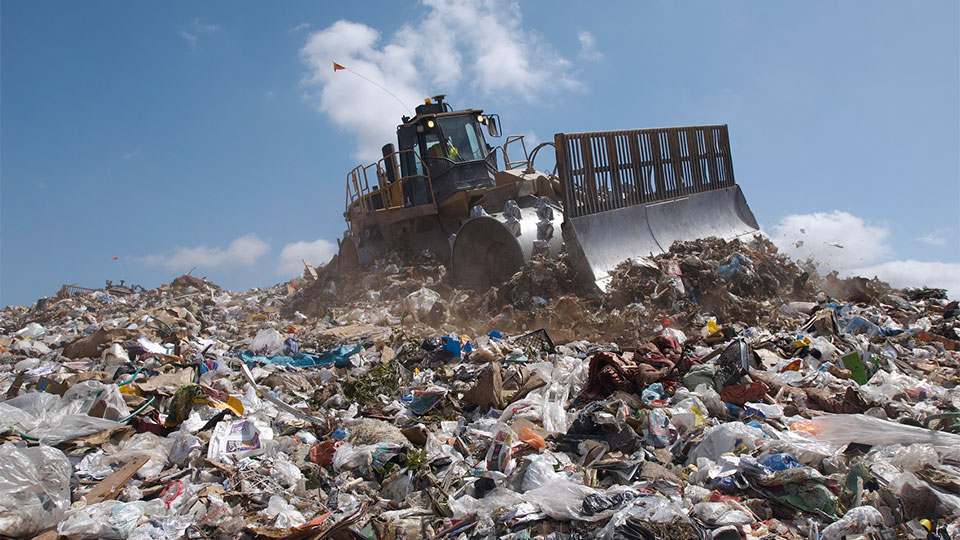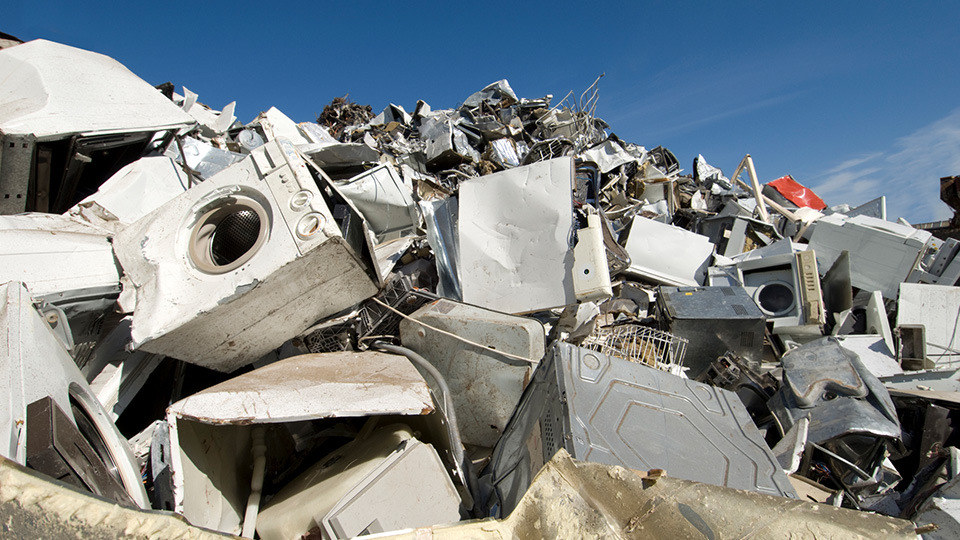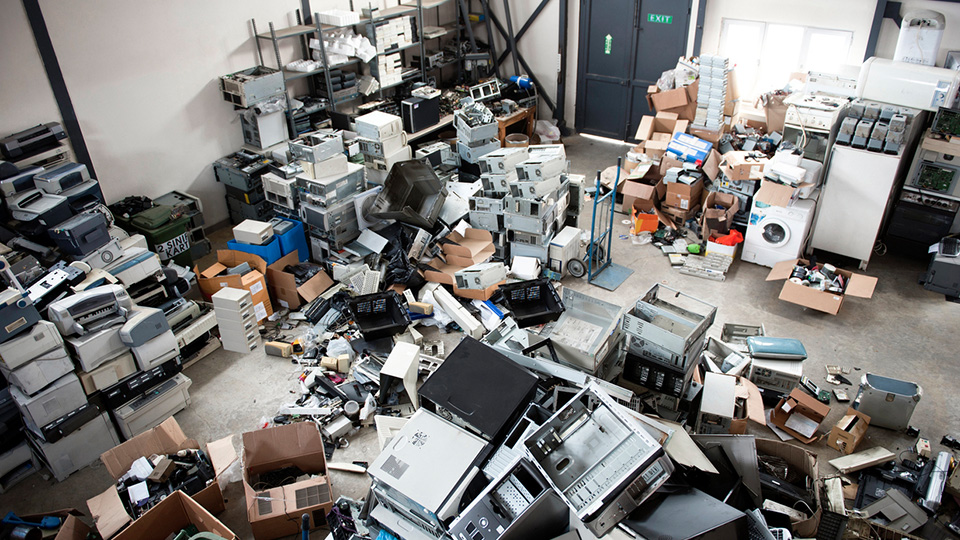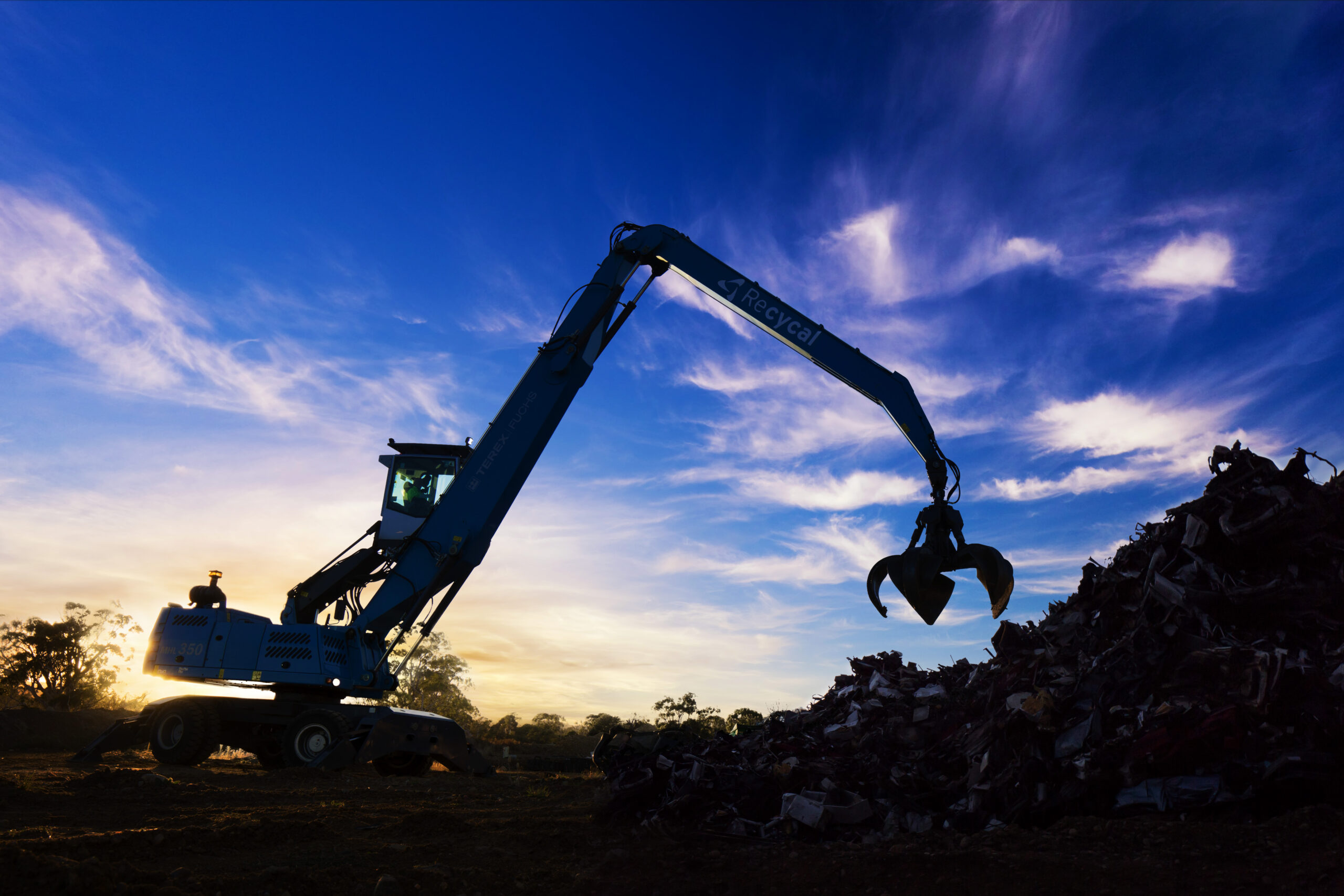The concept of urban mining, like so many other recycling terms needs to be explained. The general populace understands primary mining where resources in the ground are mined. Urban mining though is a new term that needs to be simply explained in terms of recovering precious metals from electronic objects that have outlived their useful life. Rather than these items going into landfill and potentially harming our environment there is a significant business opportunity in using recycled minerals to manufacture new and existing electronic products.
Primary mining is both expensive and is very energy intensive in its application and has a significant environmental impact. Recycling on the other hand provides a new focus that can significantly reduce our carbon footprint and unleashes the opportunities for renewable resources.
The transition to urban mining.
The European Union is not rich in mining resources and is keen to address the shortage of critical minerals by supporting greater levels of e-waste recycling. They have found that for some metals, recycling is more efficient than mining. Extracting aluminium through recycling, for example, requires 10 to 15 times less energy than primary production. In making a transition to a net-zero economy, minerals such as cobalt, lithium, copper and nickel are essential to produce electric cars as well as renewable energy components such as solar panels. In an uncertain world where tensions and conflict influence supply there is an urgency to transition to more urban mining.
Ecobatt, part of the Ecocycle group of recycling companies, recently announced its intention to build a new $30 million lithium battery recycling plant which will recover up to 98% of the active materials from lithium batteries, including lithium, graphite, cobalt, and nickel. Paving the way for a greener more sustainable Australia.
Sister company Eco e-waste is one of five organisations nationally who deliver television and computer recycling services under the government approved co-regulatory arrangements for the National Television and Computer Recycling Scheme (NTCRS). Their objective is to recycle up to 90% of the material recovered.
One of the industry’s challenges is to make the importance of e-waste recycling a priority. According to a 2021 Google study there are seven key barriers preventing from recycling their electronic devices.
- Low awareness of existing handoff options (recycling)
- Expectations regarding financial or social compensation
- Device nostalgia
- Desire to keep spare products
- Data retrieval factors
- Desire to ensure data removal
- Inconvenience of handoff options.
Financial compensation is a major issue according to a recent study in Switzerland with 40% of consumers saying they would be willing to part with their old cell phone for less than $5.
As this decade unfolds and the importance of e-waste recycling becomes more prominent the government will need to consider new awareness campaigns and strategies. Thereby illustrating the importance of e-waste recycling as we move to establish own net zero economy.






